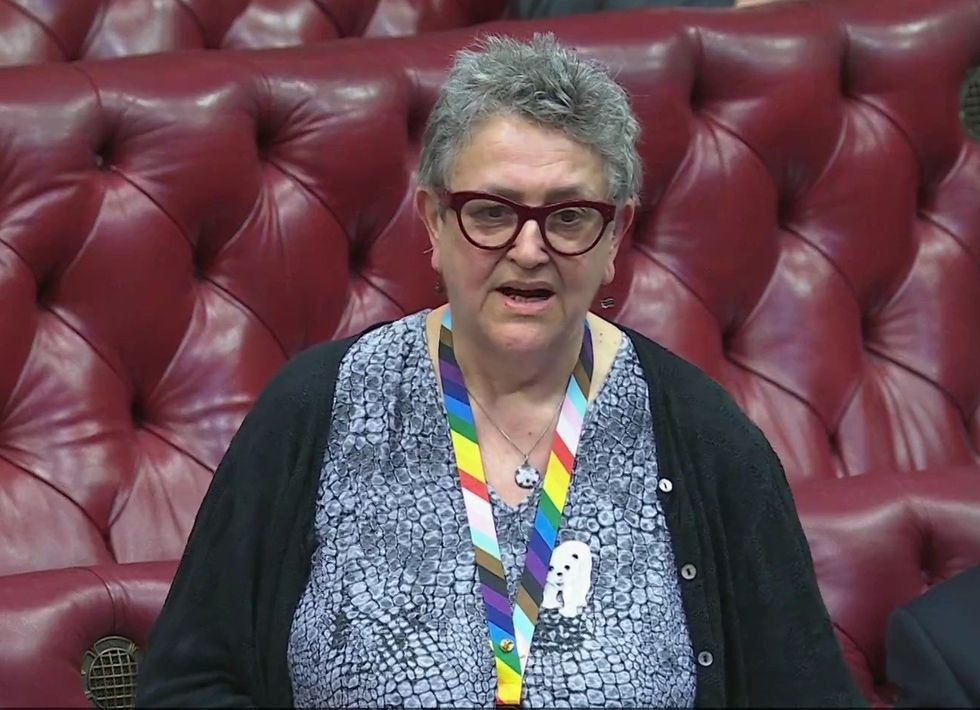Pharmacies are expected to be exempted from national insurance contributions following an amendment to the National Insurance Contributions (Secondary Class 1 Contributions) Bill, which was approved by the House of Lords on Tuesday, 25 February 2025.
In the 2024 Autumn Budget, Chancellor Rachel Reeves announced an increase in the employer secondary Class 1 National Insurance contributions rate, rising from 13.8% to 15% starting in April 2025.
Health and care providers, including community pharmacists, have been calling on the government to reconsider their decision and grant them an exemption from the increase.
Malcolm Harrison, chief executive of the Company Chemists’ Association (CCA) welcomed the strong backing for this amendment in the Lords, stating: “It is absolutely right that pharmacies should be exempted from the increase to National Insurance contributions.”
He pointed out that pharmacy businesses earn as much as 90-95% of their income by delivering NHS care and services, but the amount that the government pays for these services has not increased since 2014.
“As increased operating costs cannot be passed on to the NHS or to patients, pharmacy businesses have been forced to simply absorb them.
“We urge Peers to pass this amendment and hope that MPs will also follow suit.”
Nick Kaye, Chair of the National Pharmacy Association (NPA), emphasised that this amendment would help pharmacies manage a looming bill of hundreds of millions of pounds.
"This comes in the context of 40 per cent cuts to pharmacy budgets, forcing record numbers to close,” he said.
Kaye reiterated that if the government fails to provide additional support in the new contract, they would be forced to recommend pharmacies to cut back services, including their opening hours, to protect their businesses.
The NPA estimated that rises in National Insurance and the National Living Wage would collectively cost pharmacies across the UK £310 million.
Baroness Barker, who introduced the amendment, warned that sudden changes to national insurance, along with the increases in the minimum wage, could threaten “the existence of large numbers of providers and have a profound impact on budgets.”
Lords voted to agree four changes to the Bill aimed at maintaining current national insurance contribution rates or granting exemptions from the planned increase. These changes apply to:
- Health and care providers, including GPs, dentists and pharmacists
- Charities with annual revenue less than £1 million
- Transport providers for children with special educational needs and disabilities
- Low earning or low employee businesses and organisations.
Additionally, members agreed to increase employment allowance in the early years sector to £20,000 and require
However, two proposed amendments—one on new contribution rates for part-time workers and another on maintaining current rates for sectors such as universities, councils, and housing associations—were put to a vote but rejected.
The Third Reading, which ensures the new law is effective, workable and without loopholes, is scheduled for 4 March.














